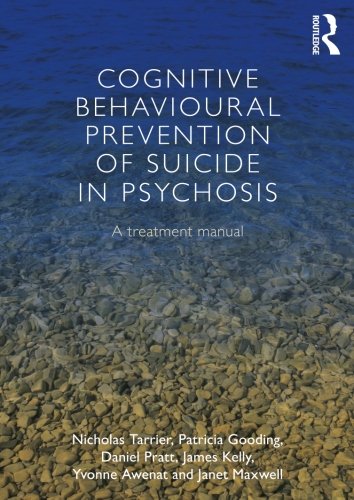

Most ebook files are in PDF format, so you can easily read them using various software such as Foxit Reader or directly on the Google Chrome browser.
Some ebook files are released by publishers in other formats such as .awz, .mobi, .epub, .fb2, etc. You may need to install specific software to read these formats on mobile/PC, such as Calibre.
Please read the tutorial at this link: https://ebookbell.com/faq
We offer FREE conversion to the popular formats you request; however, this may take some time. Therefore, right after payment, please email us, and we will try to provide the service as quickly as possible.
For some exceptional file formats or broken links (if any), please refrain from opening any disputes. Instead, email us first, and we will try to assist within a maximum of 6 hours.
EbookBell Team

4.7
56 reviewsThis practical and informative text lays out the product of a number of years of clinical research into suicide behaviour and its prevention. While the focus is on non-affective psychosis and the schizophrenia-spectrum disorders, the mechanisms underlying suicide behaviour in this group may well underlie or at least influence suicide behaviour in other disorders. The authors describe methods of assessment through individual formulation, and a cognitive behavioural intervention through case studies, to reduce the risk of suicide.
This book argues that:
· Suicide behaviour lies on a cognitive-behavioural continuum from ideation, through intention to action.
· Mechanisms based on biased information processing systems, the development of suicide schema, and appraisal styles are likely to be fruitful in explaining suicidal thoughts and behaviours.
· A psychological theory of suicide behaviour is needed in order to develop a mechanism of suicide and to understand the components of suicidal thoughts and behaviours.
· Suicide risk can be reduced through the use of the intervention methods described within the text
Cognitive Behavioural Prevention of Suicide in Psychosis evaluates practical applications of contemporary research on this topic, and will therefore be of interest to practitioners, post-graduates in training, and researchers studying suicide and/or psychosis.